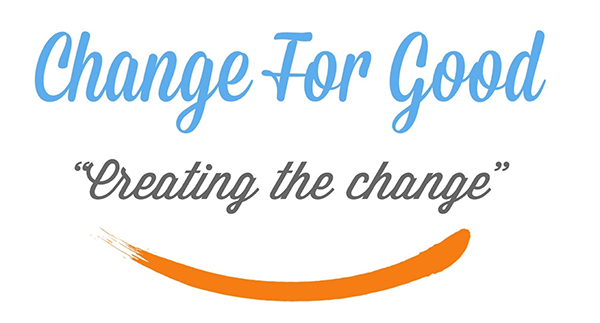What really happens in dissociation - Some reflections
Often there is a real dilemma of longing to feel “real” and connect to the emotional parts (EP) of self which are often triggered and are in 'trauma time' , whilst at the same time there is also a wish to seek to avoid the pain that comes with that healing. Clinical and neurobiological research sheds some light into the persistent dissociation experiences and the importance of identifying persistent dissociation and its related psychodynamic processes (Chefetz, 2015).
To help identify this may include working together to identify areas such as:
- Repetition compulsion and enactment ( does a client find themselves repeatedly being in the same interpersonal situation in their lives, what are the patterns and what protective functions does this serve ?)
- Paying a particular attention to the psychodynamics of emotion which occur in both patient and therapist e.g. Is it possible to express anger towards the therapist and work through ruptures or are situations ended without opportunity for repair
- The neurobiology of fear and depersonalization (understanding of the impact of fear and shame)
- Severe negativity, negative therapeutic reactions
- Enactment, and object-coercive doubting (destabilising the therapeutic relationship): attachments occur between clients and therapists not so much through words as through enactments, expressing unconsciously—by the action.
Shengold (1985, p. 34) drew attention to Orwell's principle of "doublethink" as a description of an outcome of child abuse: "To know and not know, to be conscious of complete truthfulness while telling carefully constructed lies, to hold simultaneously two opinions which cancelled out, knowing them to be contradictory and believing both." Object-coercive doubting serves the purpose of knowing and not knowing and it is characterized by the internalised experiences of the 'opposing sides' of an intrapsychic conflict.
Chefetz, RA (2015) Intensive Psychotherapy for Persistent Dissociative Processes: The Fear of Feeling Real (Norton Series on Interpersonal Neurobiology)
Shengold, L. (1985). The effects of child abuse as seen in adults: George Orwell. Psychoanalytic Quarterly. LIV, 20-45.




